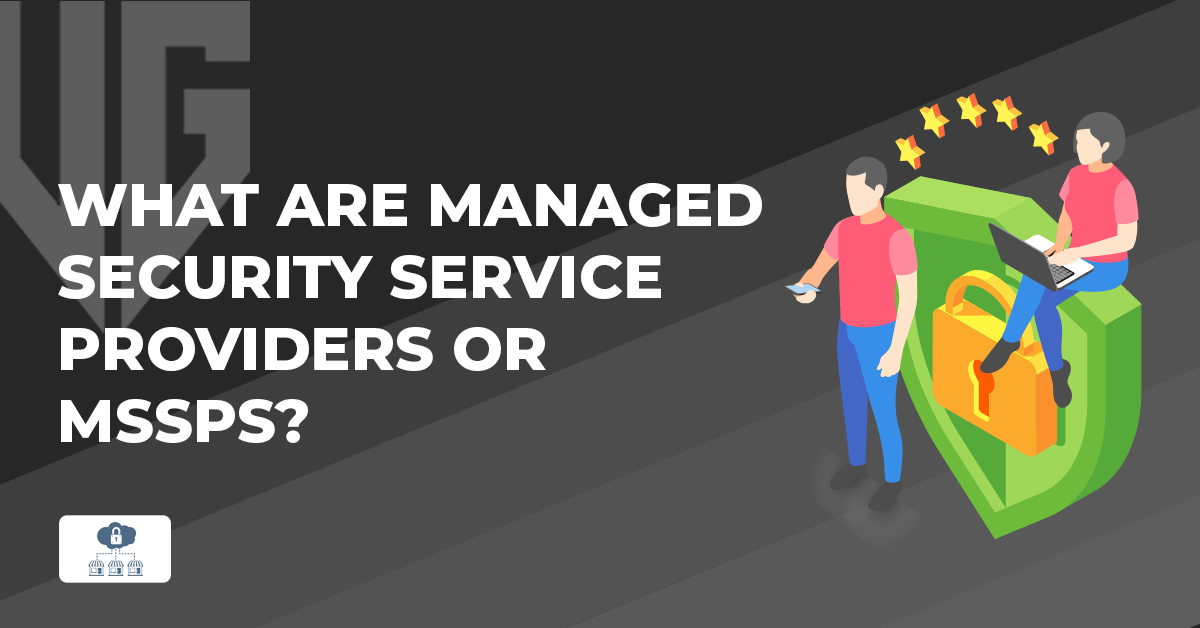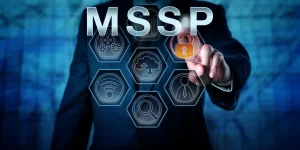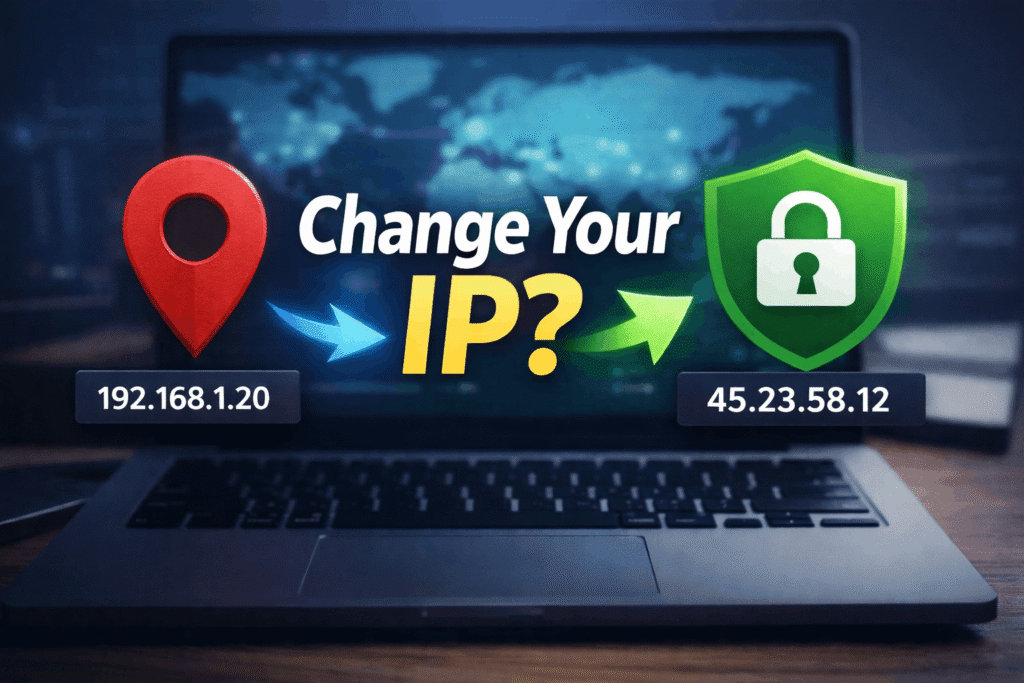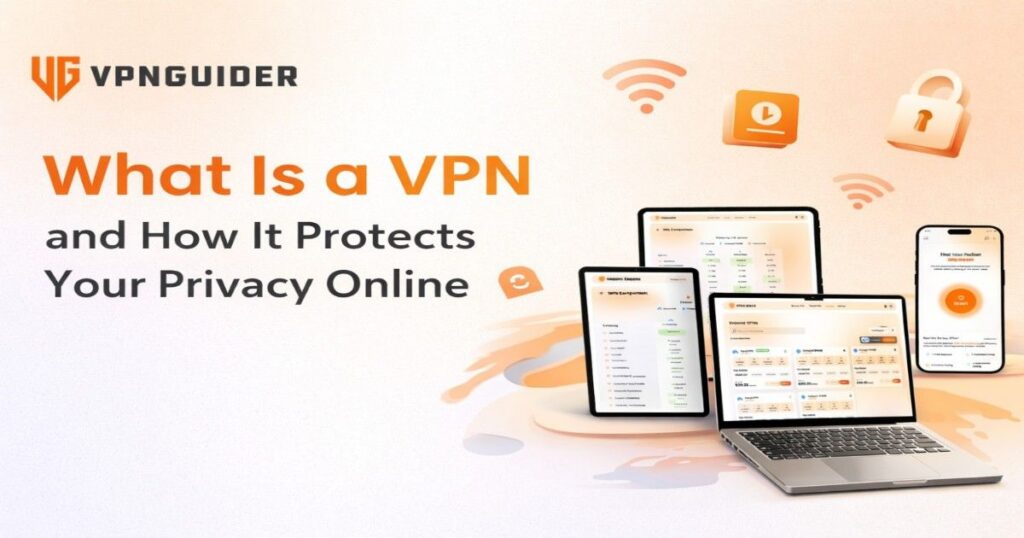 Why trust VPN Guider
Why trust VPN Guider
The cybersecurity skills gap is one of the significant challenges the online world is struggling with nowadays. It is no news that the cyber threat landscape continues to become more advanced, and although there is now proper awareness regarding this, there remains a lack of appropriate skill sets.
According to reports, 80% of cyber breaches occur due to the cybersecurity skills gap. Amidst this, many organizations have started to rely on managed security service providers or MSSPs.
But what is an MSSP? As its name depicts, an MSSP provides management and outsourced monitoring of network systems and various security devices.
In other words, it is an organization dedicated to providing network and endpoint security to enterprises and organizations. They are increasingly helpful and have become the core of the modern cybersecurity infrastructure for many organizations.
What are the main categories of MSSPs in IT Security?

MSSPs are businesses dedicated to providing network and endpoint securty to organizations, businesses, and enterprises. These companies offer a variety of services, such as:
- Continuous security monitoring
- Vulnerability risk assessment
- Threat intelligence
- Intrusion managers
- Threat assessments
- Video services
- Identity access and management control
- Security recommendation
These MSSPs have almost been around since the advent of the Internet itself. They are a cost-effective method for ensuring security and have become an integral part of security infrastructures. These managed security services are divided into categories which are as follows:
Onsite consultations
MSSPs are responsible for ensuring network and endpoint security for their clients, for which they are required to conduct detailed security assessments of the company’s network. In onsite consultation, they work to identify real-time security loopholes and potential vulnerabilities and then help the company fix them.
Managed security monitoring
This category involves regularly monitoring day-to-day security events such as user origins, etc. This is usually taken in response to a security incident report.
[postFaq]
Penetration testing and vulnerability assessment
Penetration testing and vulnerability scanning involve scanning applications and endpoints to test an organization’s security. Ethical hackers try to break into the network and application to find security loopholes and vulnerabilities so they can later be patched.
Compliance monitoring
It involves keeping logs of any changes that are made to the system t prevent violation of security policies.
Perimeter management of the client’s network
MSSPs work by managing and installing firewalls and other endpoint security tools while detecting threats to hardware and software.
Why do I need an MSSP?

Organizations nowadays face a cybersecurity dilemma where there remains a gaping shortage of cybersecurity-trained professionals and the rising expense f hiring in-house IT security teams.
As the cyber threat landscape continues to grow, organizations are now left with no choice but to outsource all or at least some aspects of their IT security function to MSSPs.
In simpler terms, if your organization wants to stay secure from the rising influx of cyber-attacks, you might either have to hire an expensive IT security team or rely on MSSPs to ensure network and endpoint security.
And since cyber attacks can crumble an organization, leaving it in a pool of reputational and financial damage, relying on MSSPs is the ultimate way out.
[postVpn]
Final Words
Implementing network and endpoint security has become a critical priority for organizations in [year]. In this context, Managed Security Service Providers (MSSPs) play a vital role in helping businesses build robust security infrastructures. MSSP services have been in existence since the early days of the internet and remain highly relevant today.
MSSPs address the growing cybersecurity skills gap by offering expertise and resources that many organizations lack internally. They provide reliable and cost-effective solutions to mitigate cybersecurity risks, making them an essential partner for businesses aiming to strengthen their defenses in an increasingly complex digital landscape.


